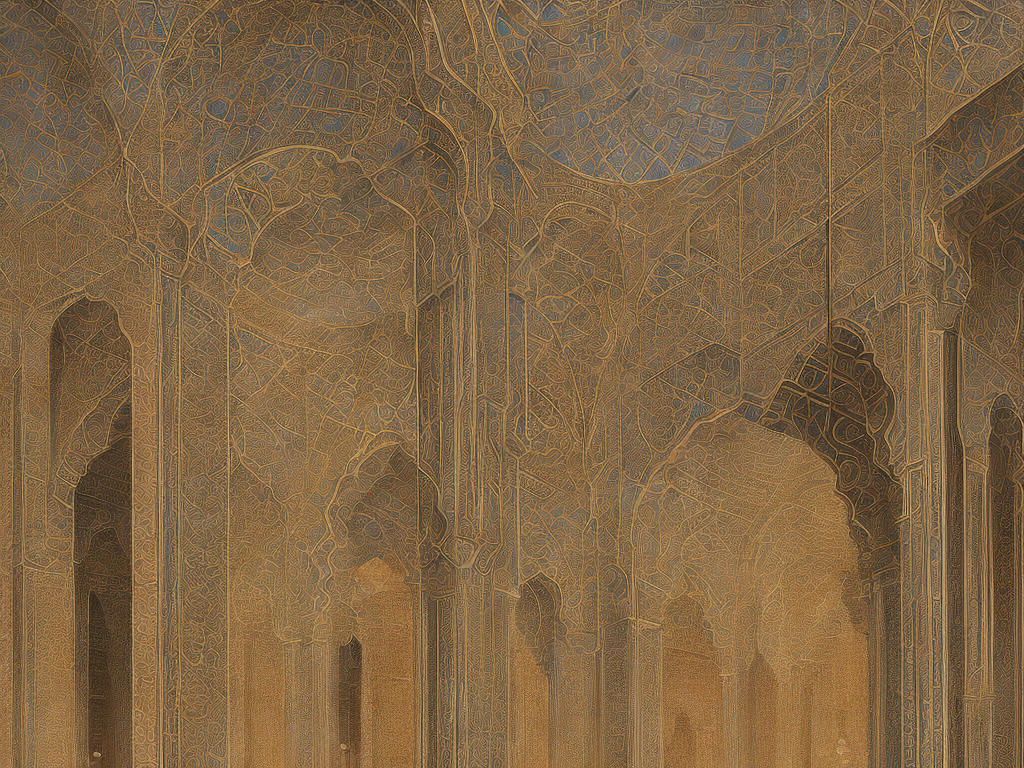
Islam is a religion founded by the Prophet Muhammad in the seventh century AD. He is revered by Muslims as the last and final prophet sent by God to bring His message to humanity. But did you know that there is a distinct difference between a Nabi and a Rasool in Islam? In this article, we’ll explore the meaning of these two terms and how they differ in the Islamic faith.
Meaning of Nabi and Rasool
The terms Nabi and Rasool are frequently used in Islamic teachings, but they do not refer to the same thing. A Nabi is someone who is a prophet; in Islam, there have been many prophets sent by Allah (God) to guide humanity throughout history. Examples include Adam, Noah, Abraham, Moses, and Jesus, all of whom are recognized as prophets in Islam.
On the other hand, a Rasool is more specific than a Nabi. A Rasool is not just a prophet, but also someone who has been chosen by Allah to bring a new message and religious law to humanity. Rasools are sent by Allah to specific communities or nations at specific times in history. The Prophet Muhammad is the final Rasool, sent to all of humanity as a guide and example to follow for all time.
Prophethood vs. Messengership
While both a Nabi and a Rasool are considered prophets in Islam, there is a difference in their roles. A Nabi is sent by Allah to convey His message to people and guide them towards the path of righteousness. Nabis are considered messengers of Allah, but they do not bring a new religious law to humanity. They confirm the truth of the previous prophets and remind people of the message that Allah has already revealed.
On the other hand, a Rasool is a messenger who has been sent with a new message and a new religious law. Rasools are chosen by Allah to guide a specific community or nation that has strayed from the path of righteousness. Their job is to bring the people back to the right path and establish a new way of life for the people.
The distinction between a Nabi and a Rasool is important because it helps to clarify the role of each prophet and how Allah communicates with His creation. It also emphasizes the importance of following the teachings of the Rasools because they were sent with a specific purpose and responsibility for the people.
Examples of Nabis and Rasools
In Islamic history, there have been many Nabis and Rasools sent by Allah to guide humanity. Some of the examples include:
Adam: The first man and prophet created by Allah. He was sent to guide humanity towards Allah’s path.
Noah: He was sent to preach the message of the oneness of Allah and to call people to repentance. He was also sent to build an ark and save a small group of believers and animals from the Great Flood.
Abraham: He was chosen by Allah to establish the belief in the oneness of Allah and to guide people away from idol worship.
Moses: Sent to guide the Children of Israel out of slavery in Egypt, and to receive the Ten Commandments from Allah.
Jesus: Sent to guide the Children of Israel towards the path of Allah and to teach them about the message of love and compassion.
Muhammad: The final and greatest of all the prophets and messengers sent by Allah. He was sent to guide all of humanity towards the path of righteousness and establish the final message and religious law of Islam.
Lessons to Learn from Nabis and Rasools
Islam teaches that the stories and lives of the Nabis and the Rasools carry important lessons for believers to learn from. They serve as examples of how to live a life in accordance with Allah’s teachings and how to overcome hardships and challenges with faith and resilience.
The example of Prophet Adam teaches us about the importance of repentance and forgiveness. He was the first prophet and made a mistake, but he recognized his mistake and sought forgiveness from Allah, teaching humanity the importance of repentance and seeking forgiveness.
The story of Prophet Noah teaches us about the importance of patience and perseverance in the face of adversity. He spent years trying to guide his people towards the path of righteousness, even when they rejected his message. His perseverance paid off in the end when he was saved from the Great Flood together with a small group of believers.
Prophet Abraham’s example teaches us about the power of faith and trust in Allah. He was willing to sacrifice his son Ismail, following Allah’s command, and his faith and trust in Allah were tested and rewarded.
The example of Moses teaches us about the importance of working for justice and standing up against oppression and tyranny. He was sent to liberate the Children of Israel from slavery and was unrelenting in his pursuit of their freedom and justice.
The life of Jesus teaches us about the power of love and compassion. He taught his followers to love their enemies and to treat others with kindness and compassion, even in the face of persecution and hardship.
The example of Prophet Muhammad teaches us about the importance of character and conduct. He was the epitome of good character and exemplary conduct and taught his followers to be honest, trustworthy, and compassionate in all their dealings with others.
Conclusion
In Islam, there is a distinct difference between a Nabi and a Rasool. While both are considered prophets sent by Allah to guide humanity towards the path of righteousness, a Rasool is specifically chosen by Allah to bring a new message and religious law to humanity. The lives and examples of the Nabis and Rasools contain important lessons for believers to learn from, and their stories serve as inspiration on how to navigate the challenges of life with faith, trust, and perseverance.
 Self-Instruct
Self-Instruct